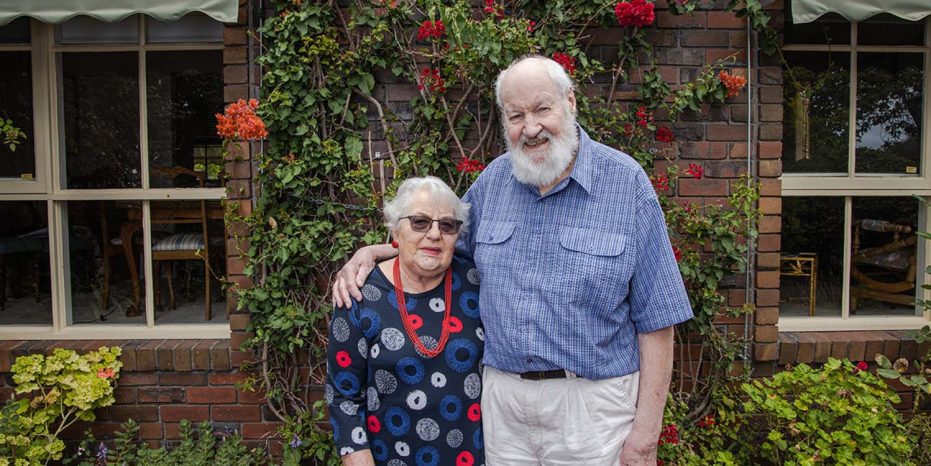Mental health and wellbeing
Uniting AgeWell is committed to the advancement of person-centred care for older people. With a focus mental health and overall wellbeing we help you to age well and live life to your full potential.
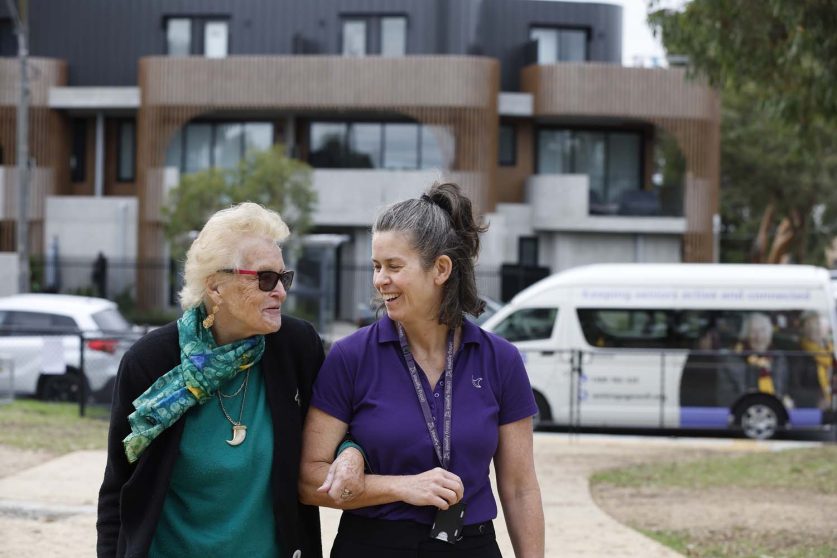
Support to live and age well
Promoting a sense of wellbeing at every age and stage of life. We embrace an holistic definition of mental health, as defined by the World Health Organisation.
“Mental health is a state of wellbeing in which the individual realises their own abilities, can cope with the normal stresses of life, can work productively and fruitfully, and is able to make a contribution to their community.”
At Uniting AgeWell, we take an integrated approach to promoting mental health and wellbeing that brings together bio-medical, emotional and social elements.
Across the spectrum of care we focus on our customers’ quality of life and fulfilment, rather than simply responding to mental health problems or illness.
Our approach
How we support our customers' mental health
Taking an holistic approach to the support of our customers mental health, we adopt a mix of prevention, referral, treatment and maintenance actions across the full spectrum of care and supports.
Social support programs
We help older people stay connected and enjoy a greater sense of community. Our programs include localised outings and community groups, lifestyle activities at our residential care communities and support at home to maintain hobbies such as painting or golf.
Access to specialist services
Uniting AgeWell provides our customers with the opportunity to connect with social workers, chaplains and gain referals to expert mental health professionals and services.
High level person-centred care
We take the time to get to know our customers and understand their individual needs. From help to maintain their independence and enjoy their favourite hobbies to high level nursing care and dementia support. Our team also work to support our customers long term treatment goals as outlined by mental health services including aftercare and rehabilitation.
Care you can rely on
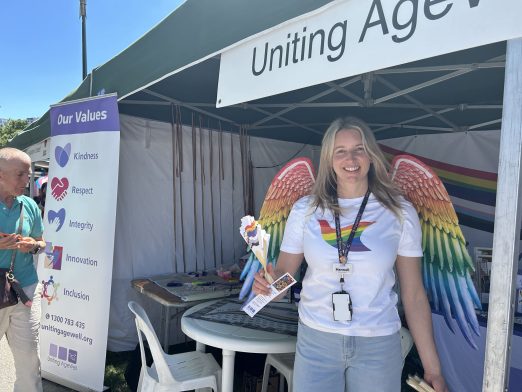
19 Jan 2026
Celebrating a decade of Midsumma for Uniting AgeWell
Staff with smiles as bright as their rainbow dove T-shirts – and in some cases their tutus and wings
News
Organisational
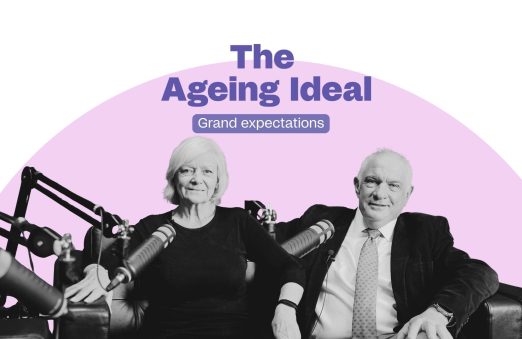
14 Jan 2026
Grand expectations
Being a grandparent today isn’t about fitting into an old mould but finding your own rhythm.
Podcast
Community Home Support Programs
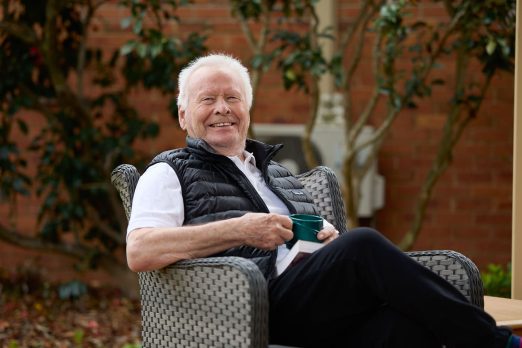
08 Jan 2026
Doctor’s tick of approval
Dr Andris Darzins has enjoyed an amazing career as a General Practitioner culminating in being awarded an OAM for services to medicine.
News
Residential Care

24 Dec 2025
Pop-up Christmas carols spread festive cheer
Uniting AgeWell residents were treated to a stirringly-beautiful pop-up carol performance by the acclaimed (TSO) Chorus at Newnham Community, Aldersgate Village
News
Residential Care

24 Dec 2025
Hope, trust, and love – Christmas 2025
Walking to work from the tram, I paused briefly, taking in the sight before my eyes. A boy around two years old, was in his father’s arms, with his head nestled in his shoulder.
News
Organisational

22 Dec 2025
Table for one
Jacinta Parsons speaks with Dr. Anita Goh and columnist for the Sunday Life Magazine Kerri Sackville about the difference between loneliness and solitude and how to embrace it.
Podcast
Health and Wellness

19 Dec 2025
Merry Christmas to all
Uniting AgeWell CEO Andrew Kinnersly shares his 2025 Christmas message.
Video
Organisational
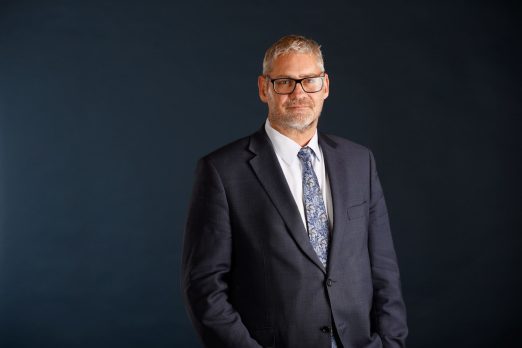
15 Dec 2025
Uniting AgeWell responds to Bondi shooting
Uniting AgeWell responds to Bondi shooting
News

03 Dec 2025
Don’t wrap me in cotton wool
As we age, risk-taking becomes a conscious consideration. While caution often increases and those around us may encourage it, older adults still have the right to take risks.
Podcast
Health and Wellness
Research and innovation
Talking Mental Health
Talking Mental Health is a ground-breaking research project that sought to identify how best to support aged care staff to identify and meet the mental health needs of older people in the community.
Winner of the 2024 Future of Ageing Research Award, the project team worked with staff, customers and a Project Advisory Group (PAG) that included older people and their family, as well as experts from Beyond Blue and Mental Health First Aid Australia.
Watch how the project made a difference in the lives and mental health of people as they age.
